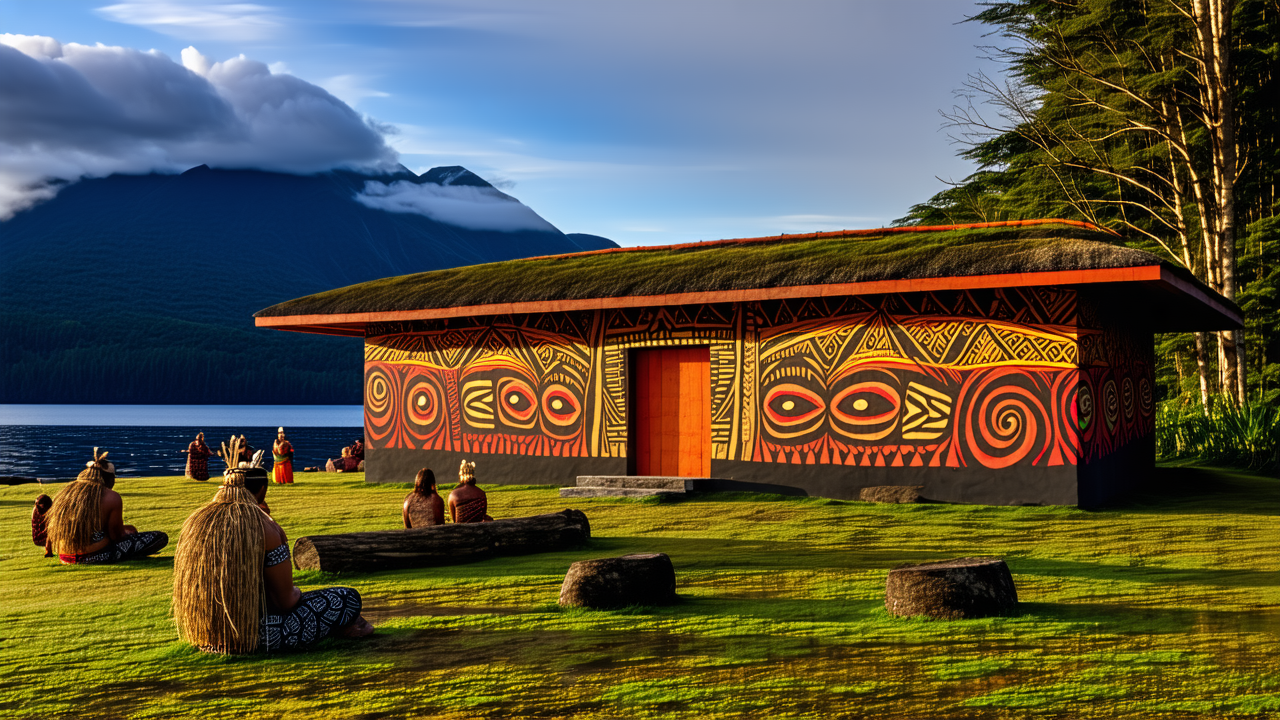Iwi Back Plan to Rename St Arnaud to Rotoiti
Local Iwi Support Name Change for St Arnaud to Rotoiti
Three Māori iwi in the Nelson Lakes region have expressed strong support for a proposal to rename the village of St Arnaud to Rotoiti. The move has been backed by Rangitāne o Wairau, Ngāti Kuia, and Ngāti Apa ki te Rā Tō, all of whom have deep ancestral ties to the area surrounding Lake Rotoiti.
According to Wendy Shaw, secretary of the New Zealand Geographic Board, the proposal has been received, but further consultation with the local community is required before it can be processed further.
The village of St Arnaud, which has a population of just over 100 residents, is located at the northern end of Lake Rotoiti. The current name is derived from the nearby St Arnaud Range, named after French soldier Jacques Leroy de Saint Arnaud, a controversial historical figure known for his harsh military actions in Algeria.
Corey Hebberd, General Manager of Rangitāne o Wairau, emphasized the significance of the area to his people. He explained that Rotoiti is not just a geographical feature but a place of cultural and historical importance, referenced in Treaty settlements and long used by his ancestors for sustenance and travel.
Historical records have shown that the name Rotoiti was used for the area long before St Arnaud. One such document is a letter written by Māori elder Paraone Taitua to Governor Eyre in 1851, in which he refers to the area as Rotoiti.
Annette Walker, a local advocate for the name change, believes the shift would be a significant milestone for the village. She criticized Jacques Leroy de Saint Arnaud, calling him a “dreadful man,” and expressed hope that the name change would gain broader community support.
While Hebberd acknowledges the historical significance of the name St Arnaud, he argues that Rotoiti better reflects the identity of the area and its deep connection to the local Māori people. He noted that many residents already refer to the area as Rotoiti, and the name change would align the village’s identity with its surroundings.
This is not the first attempt to rename the village. A similar proposal was rejected in 2009, but with renewed support from local iwi and historical evidence, the current effort has gained momentum.
The proposed name change has sparked a broader conversation about the legacy of colonial names and the importance of recognizing indigenous heritage in place names across New Zealand.
